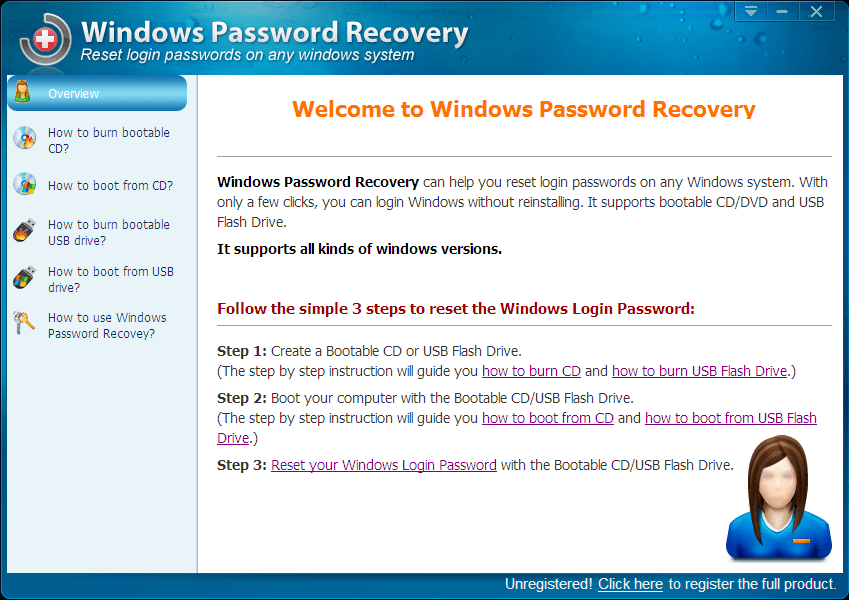Serial Number Password Recovery Bundle 2012 Download

How antivirus software works Antivirus software looks at the data—web pages, files, software, applications—traveling over the network to your devices. It searches for known threats and red-flag behavior to block or remove malware as quickly as possible. What is malware? Malware (short for malicious software) is a program specifically engineered to compromise the security features on your computer or mobile device to give cybercriminals access to your personal data and, in some cases, commit identify theft. Malware sneaks in through a hole in one of your software programs, hidden in an online ad or disguised as a legitimate app you download. Most of the time, the presence of malware will be obvious even though you might not know how it got on your device. Kingdom Of Heaven Torrent Download Hd there. In fact, most people have no idea that malware has been installed until their computers start acting funny.
Learn how to shield your computer from today's Internet threats with advanced virus removal and virus protection technologies from Norton™ AntiVirus software.
Computer security almost always begins with anti-virus/malware software. While this advice may be obvious to some, many home computers don’t have proper security software installed. Make this a priority on your home computer; it’s the best thing you can to do to avoid malware. With public Wi-Fi available everywhere, what seems like a convenience can actually put you at risk.
Free public Wi-Fi is a hacker’s playground for stealing personal information. One of the dangers of using a public Wi-Fi network is that data over this type of open connection is often unencrypted and unsecured, leaving you vulnerable to a man-in-the-middle (MITM) attack. Another risk of using free public Wi-Fi is that you may be connecting via a rogue hotspot. Once a victim connects to the rogue Wi-Fi hotspot, the host hacker can then intercept data and even use tools to inject malware into the connected devices. “IoT” is an acronym for the “Internet of Things.” And any device that can connect to the Internet and transmit or receive data can be considered a “smart” thing. That includes smart homes, also known as connected homes.
Smart homes — in which IoT devices such as thermostats or ovens can be programmed from anywhere — are popular with consumers who seek convenience. Some people, however, may not realize the connected devices or appliances they’ve grown to depend on could leak private information or be susceptible to hackers. In the rush to get products to market, smart device makers may not see security as a priority.
2 Virus Protection Promise: To be eligible for the Virus Protection Promise, you must have a qualifying Norton subscription and unless you have Norton Small Business, you must also have purchased, renewed or upgraded that Norton subscription directly from Symantec, or activate automatic renewal with Symantec. If a Norton expert is unable to remove the virus from your device, then you may receive a refund based on the actual price paid for the current term of your qualifying Norton subscription. If you purchase a Norton bundle (a qualifying Norton subscription purchased with another Norton offering), your refund will be limited to the Manufacturer’s Suggested Retail Price (MSRP) of your qualifying Norton subscription for the current term, not to exceed the total bundled price paid. Or, if your bundled purchase contains a qualifying Norton subscription with a non-Norton product, your refund will be limited to the Manufacturer’s Suggested Retail Price (MSRP) of only your Norton qualifying subscription for the current term, not to exceed the total bundled price paid. Any refund will be net of any discounts or refunds received and less any shipping, handling and applicable taxes, except in certain states and countries where shipping, handling and taxes are refundable. The refund does not apply to any damages incurred as a result of viruses.
See for details including qualifying Norton subscriptions.